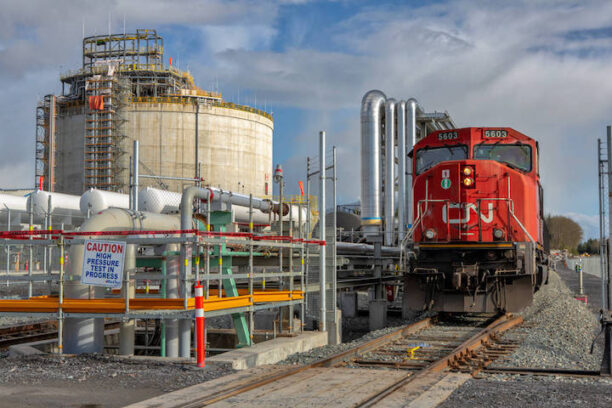Managing Challenges in International Propane Markets
Entering and thriving in international propane markets poses a unique set of challenges. From regulatory compliance to cultural differences, businesses must navigate many complexities when expanding their operations beyond their own borders. This article discusses key strategies to manage these challenges well and to effectively succeed on a global scale. 1. Understanding Local Regulations Each… Continue reading Managing Challenges in International Propane Markets


